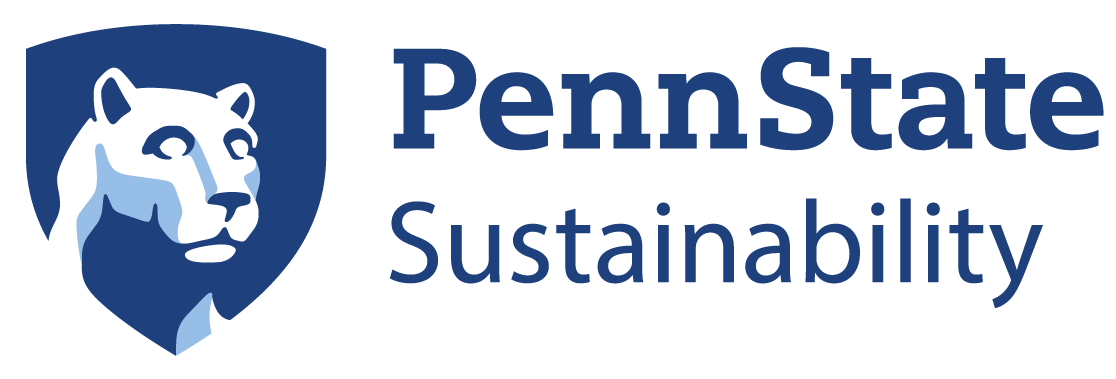Yes, the university offers educational outreach for local or national communities to raise awareness about overfishing, illegal, unreported and unregulated fishing and destructive fishing practices primarily through two key efforts.
1) Penn State administers Pennsylvania’s Sea Grant program whose strategic plan outlines how it offers educational materials and curriculum, resources and activities for local or national communities to raise awareness about overfishing, illegal, unreported and unregulated fishing and destructive fishing practices. These are featured prominently in two of the focus areas of the strategic plan: Healthy Coastal Ecosystems Goals, Actions, and Outcomes and Sustainable Fisheries and Aquaculture Goals, Actions, and Outcomes. Goals in these focus areas include:
- Coastal and Great Lakes habitats, ecosystems, and the services they provide are protected, enhanced, and/or restored.
- Land, water, and living resources are managed by applying science, tools, and services to sustain resilient coastal and Great Lakes ecosystems.
- Natural resources are sustainably managed to support coastal communities and working waterfronts, including commercial, recreational, subsistence fisheries, and aquaculture.
In the Sea Grant Strategic Plan, actions and outcomes directly related to educational outreach for local or national communities to raise awareness about overfishing, illegal, unreported and unregulated fishing and destructive fishing practices include ensuring the best available science, services, and tools available to and trusted by resource managers, fishing and aquaculture communities, and consumers in order to support:
- Commercial and recreational fishers and aquaculturists who are knowledgeable about efficient, sustainable, and responsible tools, techniques, and uses of coastal and freshwater resources.
- Resource managers and fishing and aquaculture communities access to and share diverse knowledge and tools to increase their capability to adapt to changing resource management needs, including those driven by climate change.
- Consumers understand the health and sustainability benefits of domestically produced seafood and use that knowledge to inform their seafood purchasing decisions.
2) Penn State Extension provides educational materials, webinars, and workshops for safe and sustainable fishing practices.


